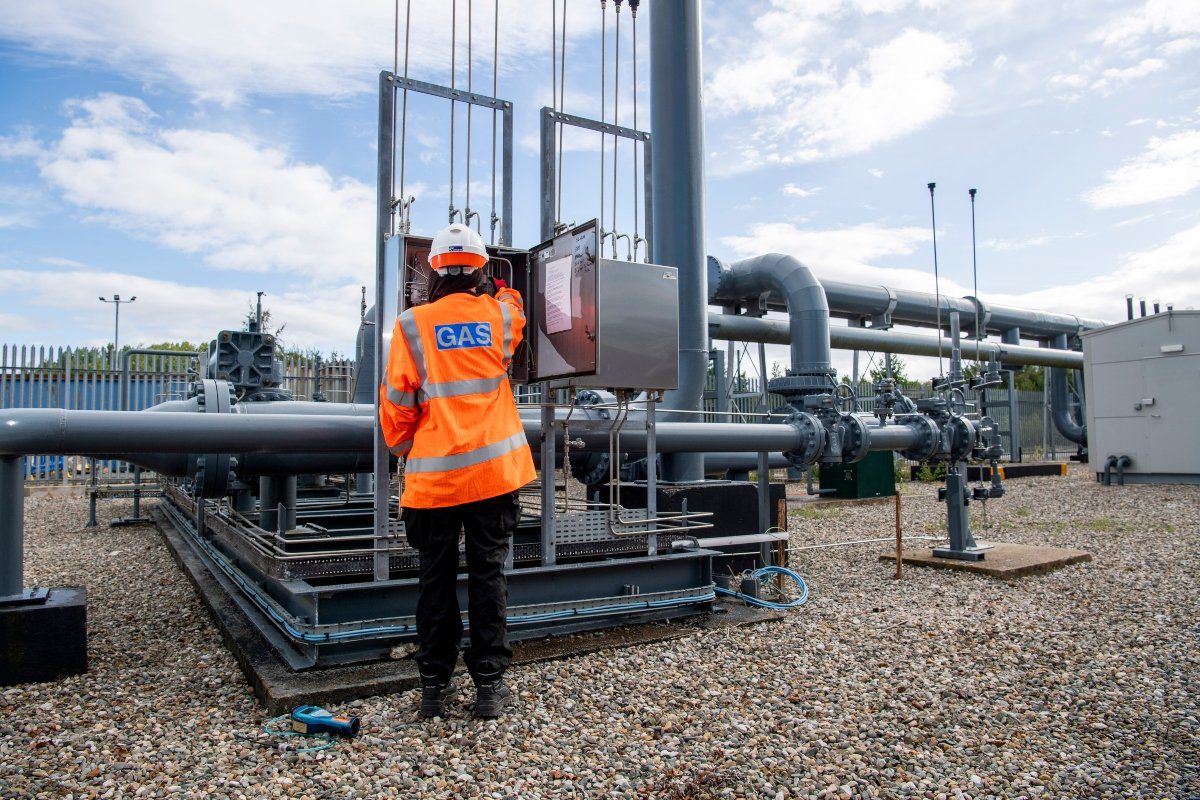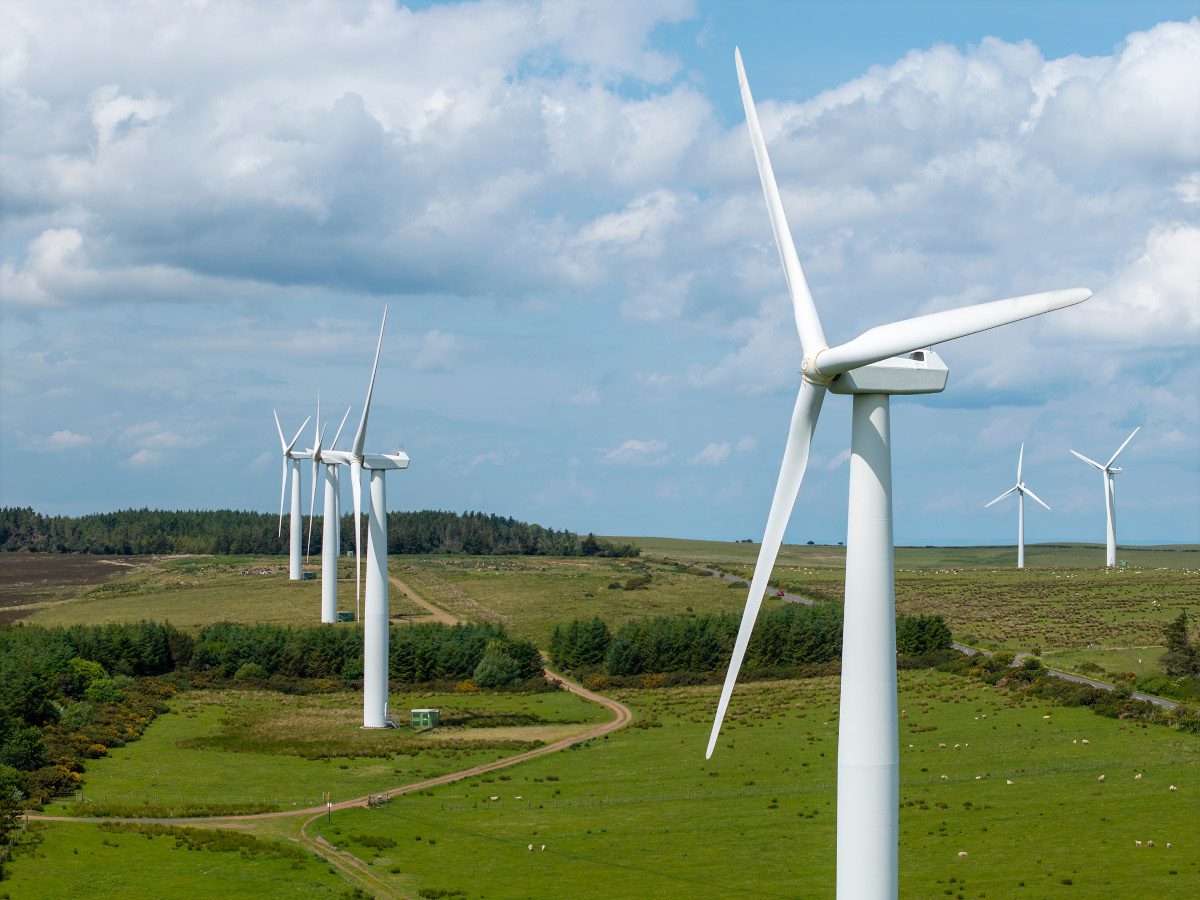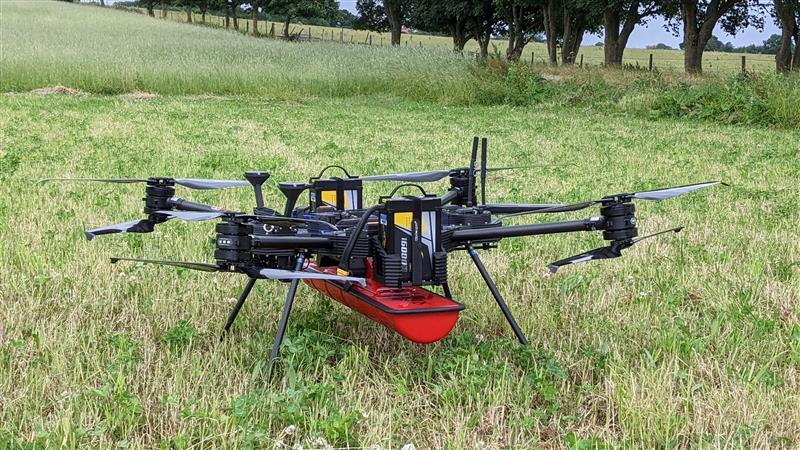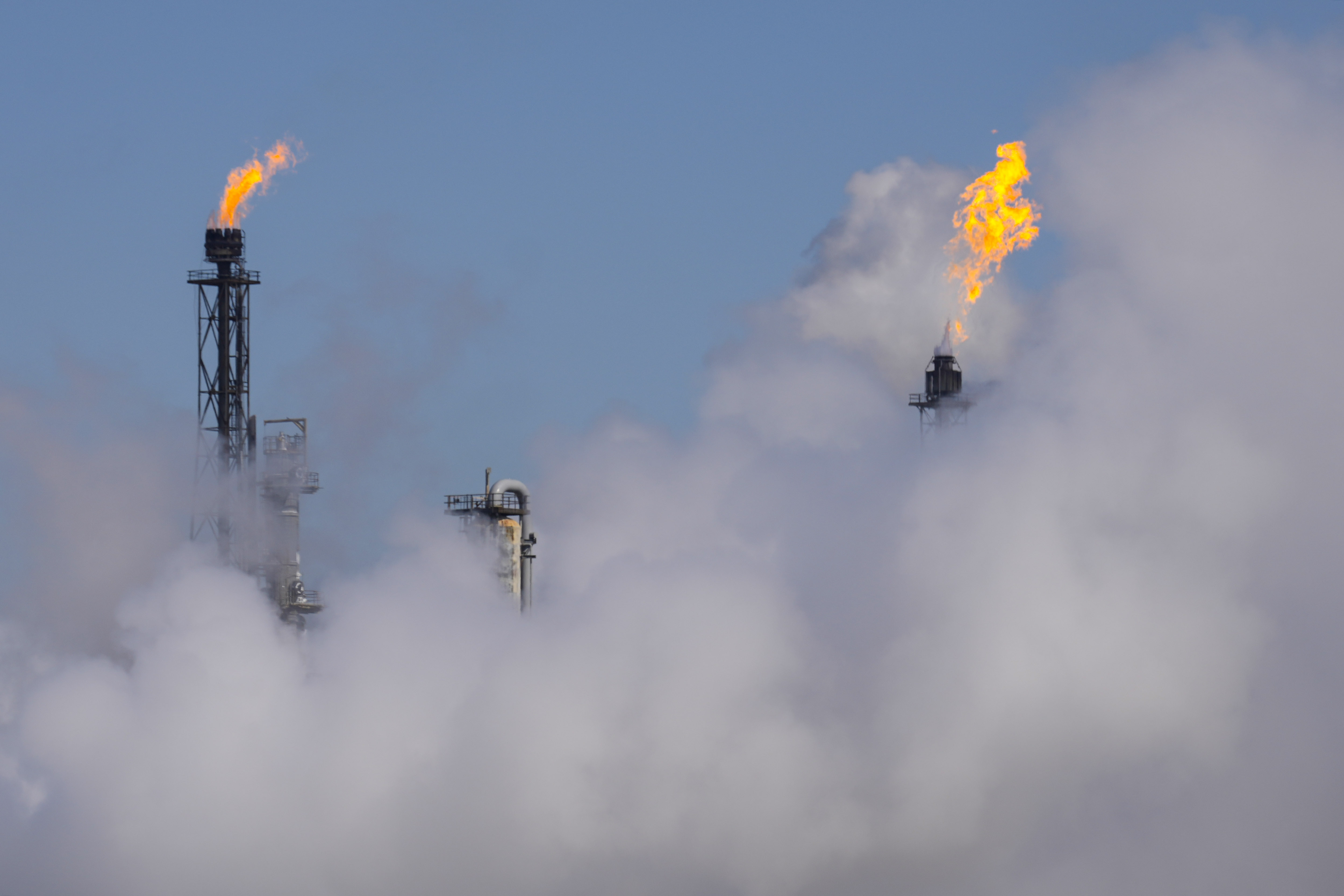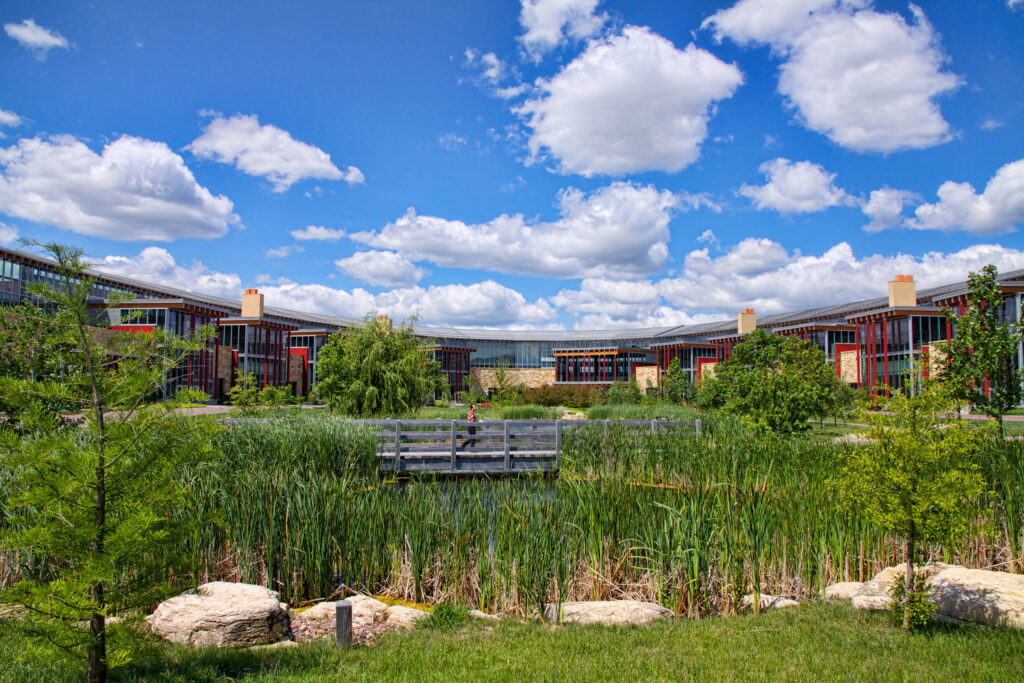Warmer air from climate change will tend to make departing aircraft create more noise pollution around European airports by 2050, according to new findings.
Scientists from the University of Reading studied how rising air temperatures change the way aircraft take off. Warmer air is less dense, reducing lift generation and keeping aircraft closer to the ground for longer periods after departure. The research, published in the journal Aerospace, studied three possible futures based on how much greenhouse gas pollution humans produce. On average, departing aircraft climb angles will decrease by 1-3%, but individual hot days could reduce climb angles by up to 7.5%.
Noise levels at 30 European airports were projected using ten climate models. The team focused on the 50-decibel level, which marks a boundary where aircraft noise becomes more noticeable to residents. They studied how climb angles of the Airbus A320 – commonly used for short European flights – affect this boundary as the climate changes. Homes within this boundary currently experience regular aircraft noise.
By the middle of this century, residents living near airports may be affected by more aircraft noise pollution. In central London, around 60,000 people currently live within the 50dB noise footprint of a typical A320 aircraft. Changes in local climate and population density could mean roughly 2,500 additional people being brought into this boundary.
Dr Jonny Williams, lead author at the University of Reading, said: “Over the next three decades, thousands of extra people in London could be blighted by noise pollution caused by climate change. The problem gets worse with different types of sound too. Low-frequency noise, which travels further, will increase the most. These deeper sounds are particularly annoying to human ears and can cause stress and sleep problems.
“Without action on greenhouse gas emissions, rising temperatures will make managing the problem of airport noise more difficult, even as engine technology advances.”
The University of Reading’s Professor Paul Williams, who also worked on the study, said: “Together with increased turbulence and more airport flooding, we can now add noisier flights to the growing list of ways climate change is affecting aviation, with unwelcome consequences for those who live near airports and are impacted by noise.”




